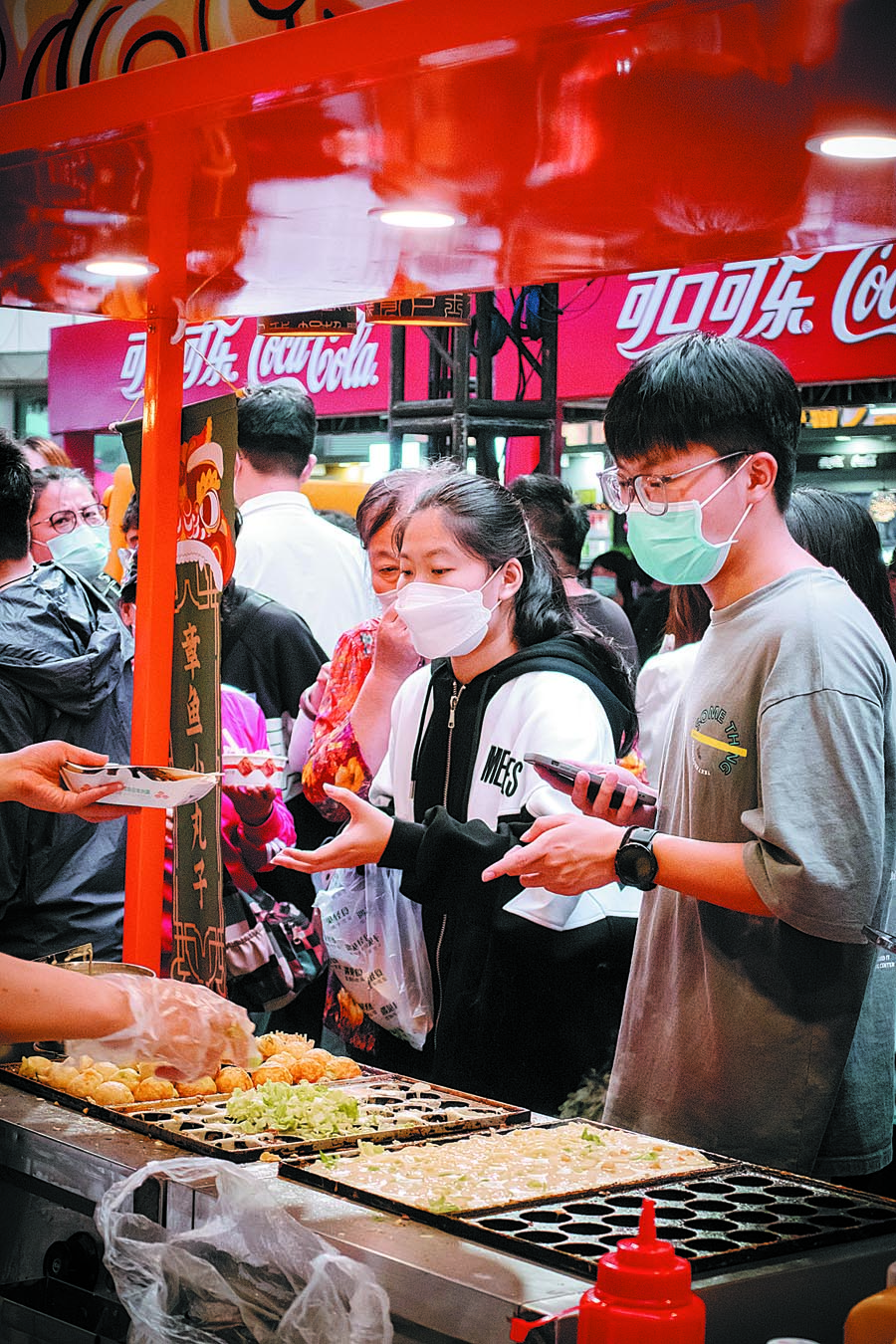

Li Ruixue, the hotel's commercial director, said, "We are looking forward to a busy season for the summer and second half of the year.
"As a top-rated national resort, Jinshitan is ideal for a relaxing holiday, with a good atmosphere and excellent recreation facilities," she said, adding that with the launch of new marine cultural tourism projects, Jinshitan is becoming busier and offering more forms of entertainment.
Dalian is striving to become a Culture City of East Asia. On June 25, the local bureau of culture and tourism launched a fair, with some 60 tourist attractions, travel agencies and hotels in the city promoting their featured products.
Zeng Wuling, deputy director of the bureau, said Dalian aims to benefit from the summer tourism season and further promote the recovery and development of its cultural and tourism industries.
"In tandem with regular epidemic prevention and control measures, we're building platforms, innovating mechanisms, and exploring the potential to promote high-quality development of the city's cultural and tourism sector," she said.
Meanwhile, five new sightseeing cruise routes have been launched by Kaishi Group for tourists to enjoy the marine and coastal scenery in Dalian's Lyushunkou district.
Wu Di, general manager of the group's cruise company, said: "We're trying to introduce quality sightseeing routes. Tourists experience not only unique scenery, such as Snake Island, Seagull Island and the point where the Yellow Sea and Bohai Bay meet, but also learn about the local environment."
The team Wu oversees is well prepared for the expected boost in spending by visitors this summer, and has already welcomed dozens of tour groups from Shandong province.
However, on July 3, an arrival who had completed quarantine after returning from overseas was identified as an asymptomatic COVID-19 case.
Next day, Dalian's epidemic prevention and control headquarters said a residential building in Shahekou district had been classified as a high-risk area for the disease, and the surrounding area was classed as medium-risk.
Despite this, a 100-day festival featuring more than 300 types of food from China and overseas began on July 3 at the Qingniwa pedestrian zone in the city's Zhongshan district.
At another pedestrian street about 1 kilometer from Qingniwa, the Carnival of Tianjin Street has been attracting nighttime visitors since it opened on June 18. According to the organizers, the average daily visitor flow exceeds 200,000, with some 600,000 arrivals reported on one day.